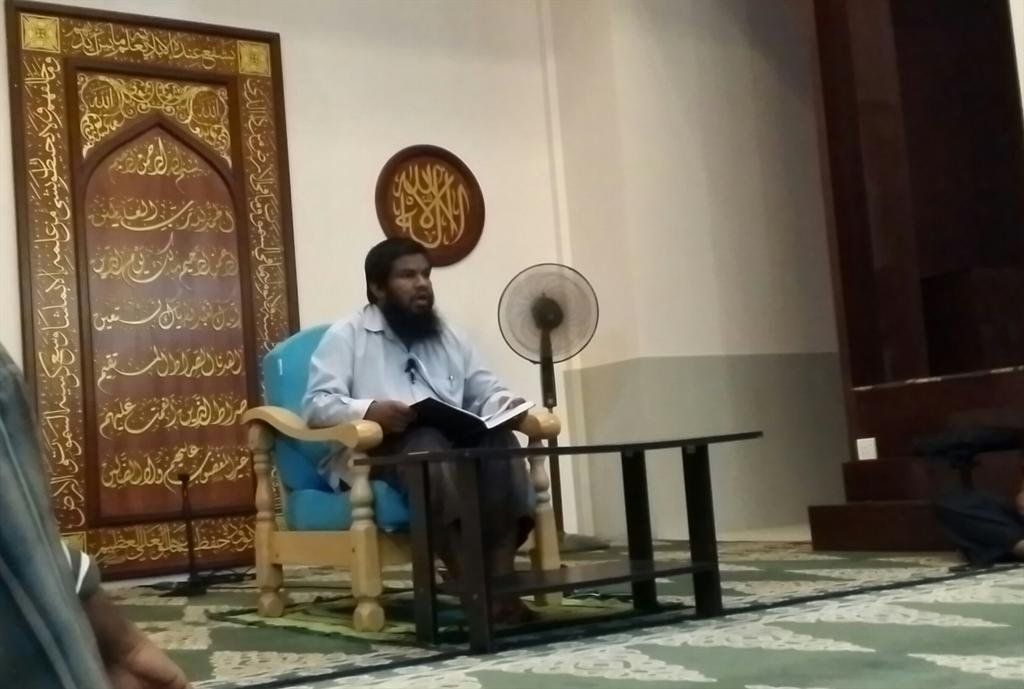Religious scholar sex assault trial starts
The preliminary hearing involving Sheikh Mohamed Shafiu was closed to the media and public to protect the rights of the underage student, who accused the former university lecturer of sexual assault.

04 Oct 2017, 09:00
The closed-door trial of a religious scholar accused of performing a sexual act with a minor while in a position of trust began Wednesday.
The preliminary hearing involving Sheikh Mohamed Shafiu was closed to the media and public to protect the rights of the underage student, who accused the former university lecturer of sexual assault.
According to local reports, a 16-year-old girl student had accused Shafiu, prompting Maldives National University management to launch an internal investigation mid-June.
The religious scholar was reportedly dismissed from his job as a permanent MNU lecturer after the probe concluded.
Become a member
Get full access to our archive and personalise your experience.
Already a member?
Discussion
No comments yet. Be the first to share your thoughts!
No comments yet. Be the first to join the conversation!
Join the Conversation
Sign in to share your thoughts under an alias and take part in the discussion. Independent journalism thrives on open, respectful debate — your voice matters.




